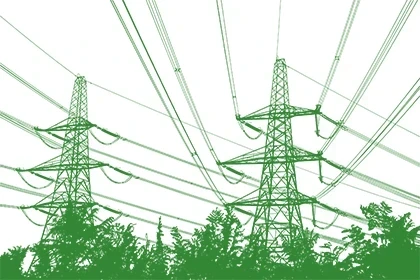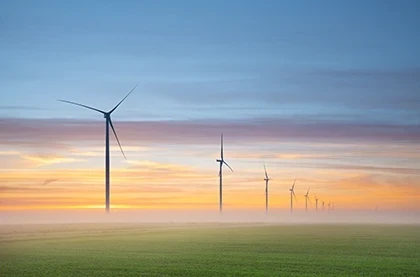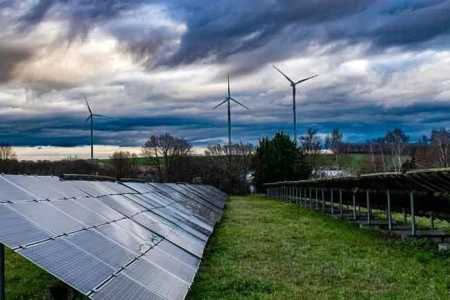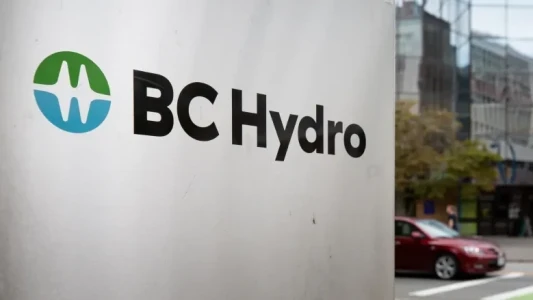Trudeau Liberals in Turmoil Over Energy and Climate Change Policies
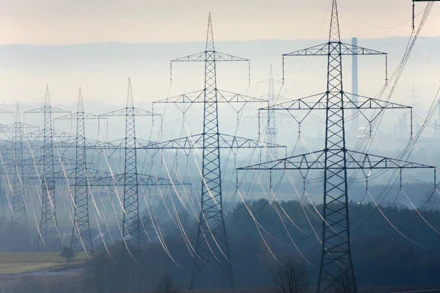
The Trudeau government is facing increasing turmoil over its energy and climate change policies, reflecting a broader crisis of coherence within Canadian environmental and energy strategy. As the Liberal administration grapples with internal dissent and external pressures, the nation watches closely to see how these conflicts will shape Canada’s future approach to energy and climate action.
Internal Discontent and Policy Fragmentation
The Trudeau government has long championed a green agenda, positioning itself as a leader in global climate initiatives and pledging ambitious targets for reducing greenhouse gas emissions. However, recent developments indicate significant discord within the Liberal Party regarding these policies. Internal disagreements have surfaced, revealing a rift between the government’s environmental aspirations and the economic realities of Canada’s energy sector.
This discord is manifesting in several ways. On one hand, there is a strong push from environmental advocates and progressive members of the party for more aggressive action on climate change, including stricter emissions regulations and accelerated investments in renewable energy. On the other hand, there are concerns from more pragmatic voices within the party, as well as from industry stakeholders, who argue that such measures could jeopardize economic stability and energy security.
The conflicting viewpoints within the Liberal ranks have led to policy fragmentation, complicating the government’s ability to present a unified front. This internal strife has been exacerbated by the rise of new political pressures and the need to balance regional interests, particularly those of provinces heavily reliant on oil and gas industries.
External Pressures and Economic Realities
Externally, the Trudeau government is contending with significant pressures from various fronts. The energy sector, which is a cornerstone of Canada’s economy, has voiced concerns about the impact of stringent climate policies. Industry leaders argue that aggressive environmental regulations could undermine Canada's competitive position in global markets and lead to job losses in critical sectors.
Additionally, recent economic challenges, including inflation and global supply chain disruptions, have heightened the scrutiny on government policies. Critics argue that the emphasis on rapid transitions to renewable energy could exacerbate economic difficulties and place undue burdens on consumers and businesses alike.
The situation is further complicated by the geopolitical landscape, particularly the volatile energy markets and the global push for energy security. As Canada navigates its role in these complex dynamics, the Trudeau government faces the challenge of balancing environmental objectives with the need for energy reliability and economic growth.
Public Sentiment and Political Fallout
Public opinion on climate and energy policies is also playing a crucial role in shaping the political landscape. There is a growing divide among Canadians regarding the pace and nature of climate action. Some segments of the population support aggressive measures to combat climate change, driven by concerns over environmental degradation and the urgency of the climate crisis. Others, however, are more cautious, wary of the potential economic impacts and the feasibility of rapid transitions.
This divergence in public sentiment has significant implications for the Trudeau government. As the Liberals navigate these conflicting expectations, they risk alienating key voter bases and facing increased political opposition. The party's struggle to maintain a coherent and effective climate strategy is reflected in its fluctuating approval ratings and the mounting criticism from opposition parties.
Navigating the Path Forward
As the Trudeau government attempts to reconcile its conflicting internal and external pressures, several key strategies may shape its path forward. First, fostering greater dialogue and consensus within the party could help mitigate internal dissent and create a more cohesive policy framework. Second, engaging with industry stakeholders and provincial governments to address economic concerns could ease tensions and build broader support for climate initiatives.
Moreover, finding a balanced approach that integrates both environmental goals and economic realities will be crucial for the government’s credibility and effectiveness. This could involve innovative solutions that promote green technologies while also supporting traditional energy sectors in transitioning to more sustainable practices.
In conclusion, the Trudeau Liberals are at a critical juncture in their energy and climate change policies. The internal chaos and external pressures highlight the complexities of navigating a path that aligns with both environmental objectives and economic imperatives. As Canada faces an evolving climate crisis and shifting energy landscape, the government’s ability to address these challenges with coherence and resilience will be pivotal in shaping the nation’s future.

